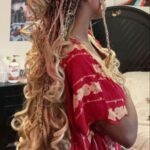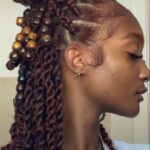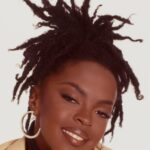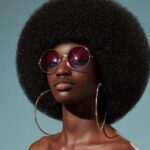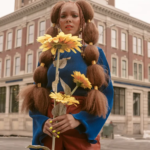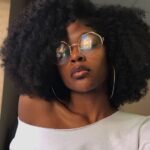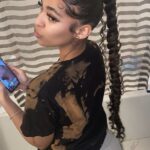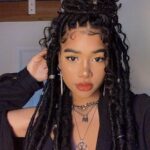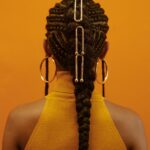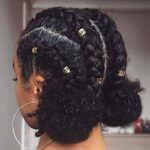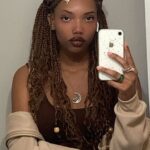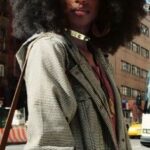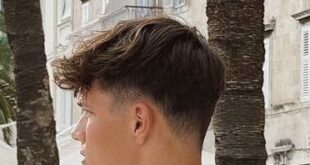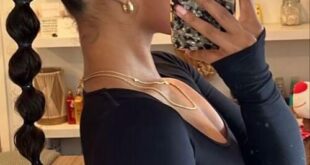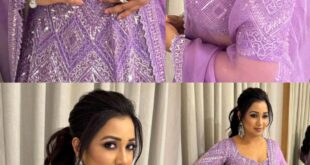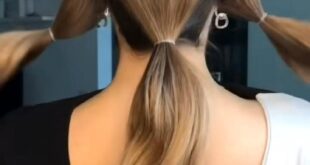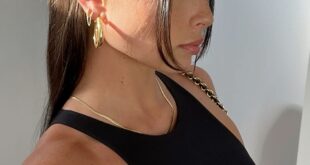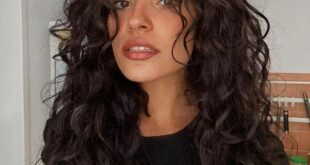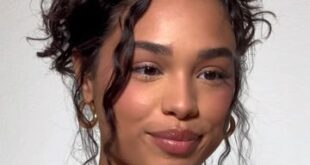As an Amazon Associate I earn from qualifying purchases.
Black hairstyles have always been a significant aspect of African American culture and identity. From intricate braids to bold afros, black hair has displayed a wide range of styles that reflect the creativity and diversity within the black community.
One of the most iconic black hairstyles is the afro, which became popular in the 1960s and 1970s as a symbol of black pride and empowerment. The afro is a natural hairstyle that showcases the beauty and versatility of black hair in its natural state. Worn by individuals like Angela Davis and Jimi Hendrix, the afro has become a statement of self-love and resistance against societal norms that promote Eurocentric beauty standards.
In addition to the afro, braids have also been a popular black hairstyle for centuries. Braids are not only a stylish and practical choice for many black individuals, but they also have cultural significance within the African American community. From cornrows to box braids, braided hairstyles have been passed down through generations as a way to connect with African roots and celebrate black heritage.
Another popular black hairstyle is the dreadlock, a hairstyle that has roots in various African cultures and has been worn by individuals like Bob Marley and Lauryn Hill. Dreadlocks are a symbol of spirituality, rebellion, and individuality, and they have become a staple in the black community as a way to embrace natural hair texture and express personal style.
In recent years, black hairstyles have gained more visibility and acceptance in mainstream culture, thanks to celebrities and influencers who proudly showcase their natural hair. From curly afros to sleek bantu knots, black hairstyles have become a source of inspiration for people of all backgrounds who are looking to embrace their natural hair texture and celebrate diversity.
Despite the progress that has been made in accepting and celebrating black hairstyles, there are still challenges that black individuals face when it comes to wearing their natural hair in professional settings. Discrimination and microaggressions against black hairstyles, such as afros and braids, are still prevalent in some workplaces, schools, and institutions, which highlights the importance of advocating for policies that protect and celebrate natural black hair.
Overall, black hairstyles are a powerful form of self-expression and cultural pride that have played a significant role in shaping African American identity. Whether it’s a bold afro or intricate braids, black hairstyles continue to showcase the beauty and resilience of black individuals and serve as a reminder of the strength and creativity within the black community.
Amazon and the Amazon logo are trademarks of Amazon.com, Inc, or its affiliates.
 innstyled styling
innstyled styling
